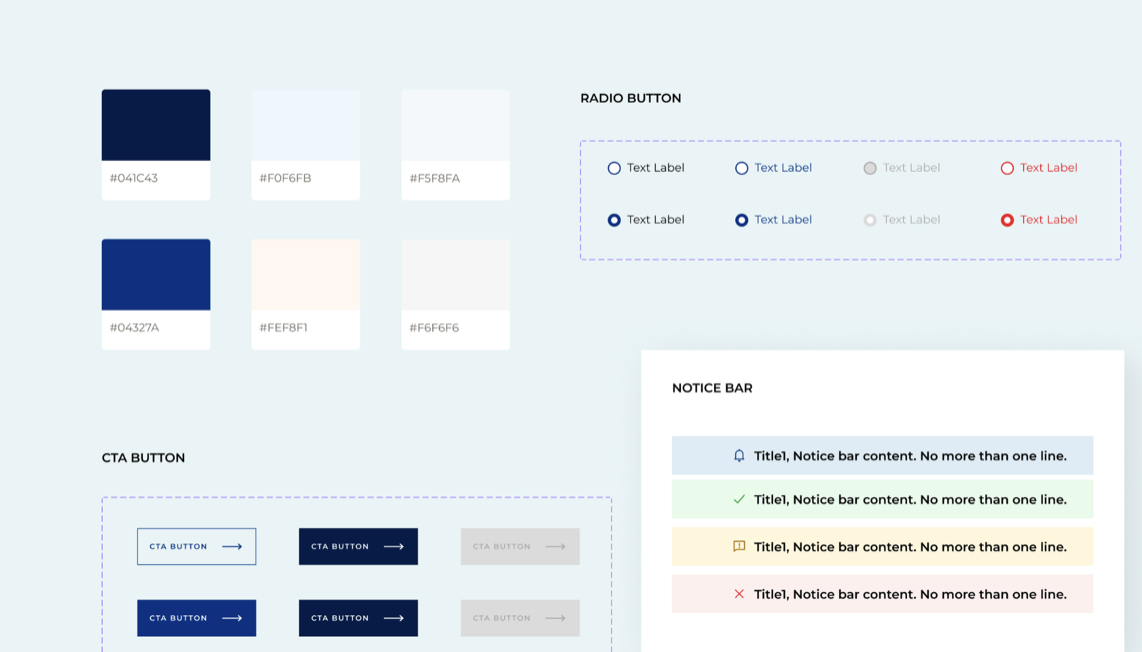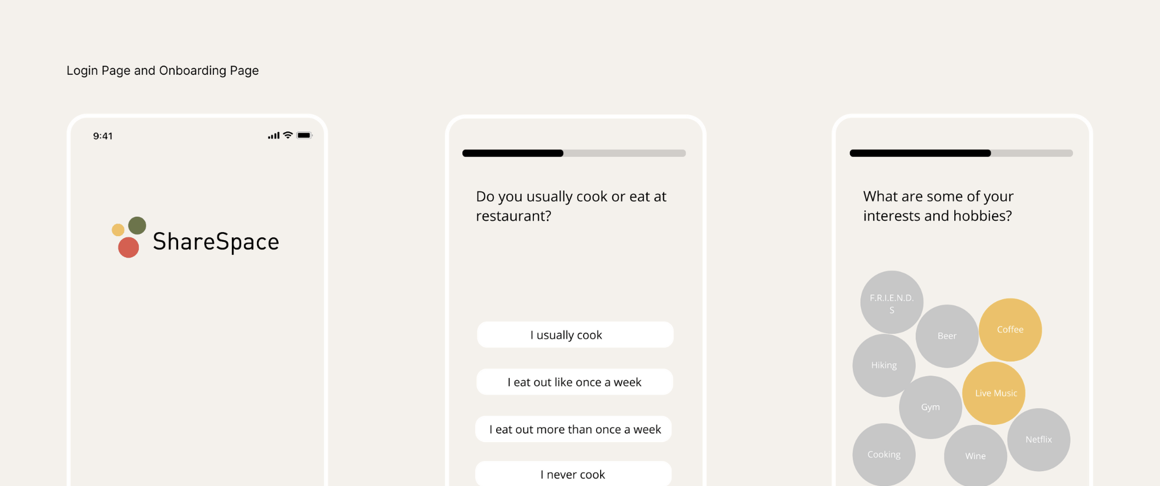Switching from computer engineering to digital design was a big decision for Erica Gao, but the result tended to be rather satisfying. As an excellent UX designer, Gao delivered tons of amazing work to her clients in both product design and system design. A user-centered design pattern as well as detail-oriented analytics and research are what Gao values most.

Q: What is your current role and responsibilities at Amazon?
A: I’m currently working as a UX designer at Amazon’s device design group. Every time when the design and engineering team come up with any updates, we are responsible for bridging the gap between coding and designing; so, our engineers can later come across less technical problems and thus increase alignments and scalability for cross-platform products. We build and manage design systems for hardware products like mobile apps, tablets, Alexa as well as other product lines.
Q: How did you get this amazing opportunity at Amazon?
A: I personally believe that it’s closely related to my previous experience at Frog Design in Shanghai, where I worked as an interaction designer for China Development Financial, a leading financial company in Asia.
Our team was asked to redesign their 5 different tracks of banking platform systems. My responsibility was to create a responsive pattern library that could allow the company to design and build over 100 brand websites quickly and effectively. I had to research existing design systems, understand patterns, and get the design and development team involved from the ‘get-go’ to participating with ideas and feedback.

(The project of China Development Financial, by Erica Gao)
Q: Could you share one of your most impressive projects?
A: The ShareSpace App, an app that helps users to find roommates. The problem that I was trying to solve was that people who are new to a city can’t find friends to split rent with, and they don’t want to live with complete strangers. My interview results showed that most people prefer to live with someone that shares the same interests, and they would like to communicate before moving in.
I researched on the potential competitor apps to see what features are proven to be effective when matching users’ ideal roommates. Eventually, the ShareSpace App comes with a pattern that gathers users’ living habits, hobbies, and what they look for before – they get on board in a way that’s similar to dating apps. And then it automatically matches them with potential roommates. The profile page allows users to browse through their social media profiles and the reviews from others. Most importantly users can directly reach out to others on this platform.

(The ShareSpace App, by Erica Gao)
Q: You have a lot of experience in designing. How did you go from cognitive science to digital design in the first place?
A: In the beginning, I was trying to explore my possibilities and potentials just like a lot of undergraduates. And many around me were studying either computer science or economics. I tried to do the same but that just didn’t feel like me. And I realized it would be painful if I couldn’t do what I like for my career. After I had classes in design, I got attracted to it since I felt like I was able to add my own creativity besides fulfilling the business purposes, which greatly reduced the limitation of work. I enjoy working in a flexible environment because the requirements of clients are constantly changing, and each client wants different things. Getting in touch with different projects and seeing clients satisfied with my creative piece of mind really mean a lot to me.
Q: Sounds interesting. Have you ever come across any obstacles?
A: I need to spend a lot of time and energy on exploring what users are looking for and finding my inspirations, this process could make me get overwhelmed. Each step requires a lot of research and data, including examining the competitors’ overall design concepts and trying to locate their source of creativity. The direction of product designs is the critical and initial step that is inevitably mind-consuming. But when I’m finally able to implement my previous ideas into an actual product and present it to my client, their satisfaction would make me feel like it’s really worth it.







